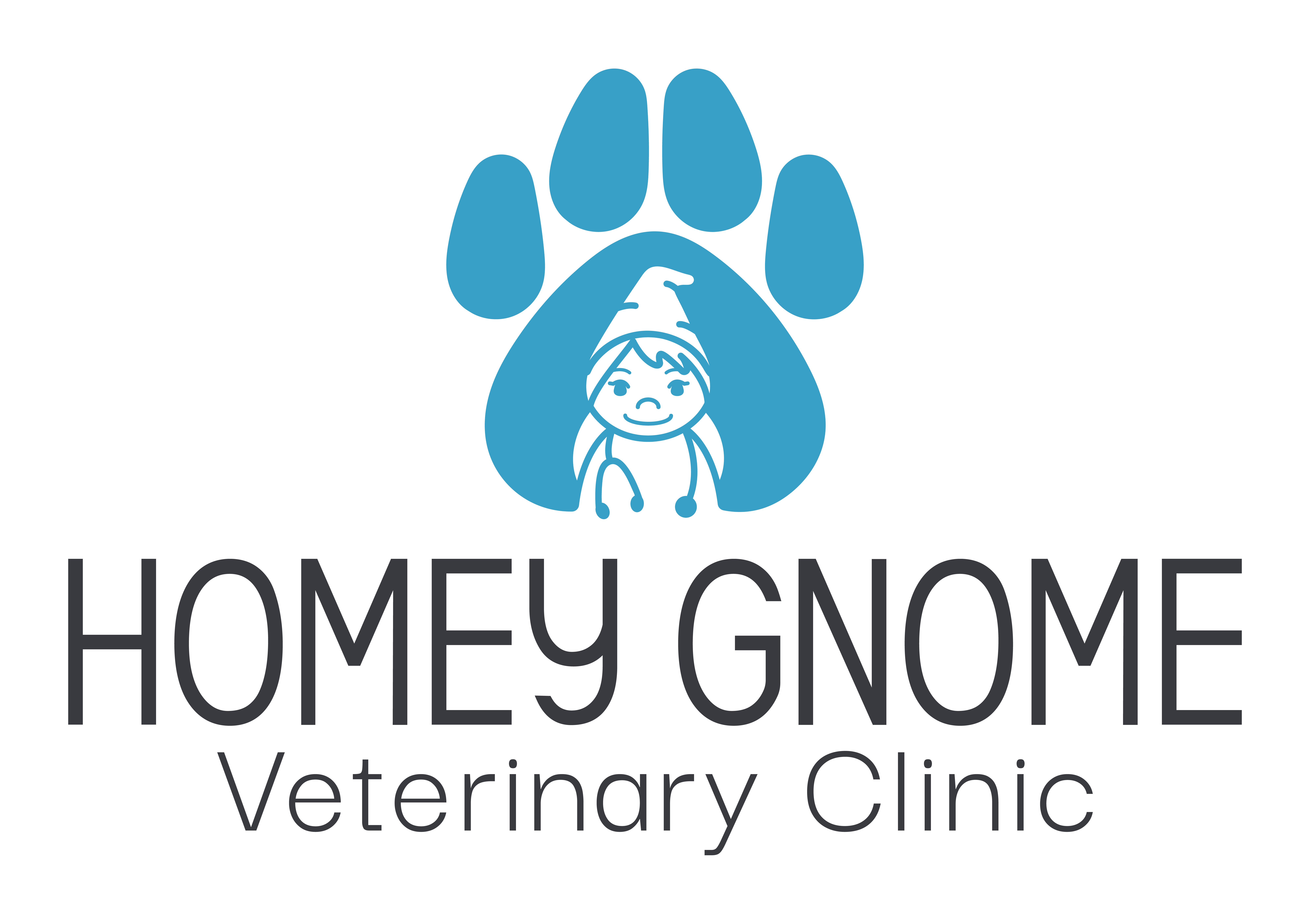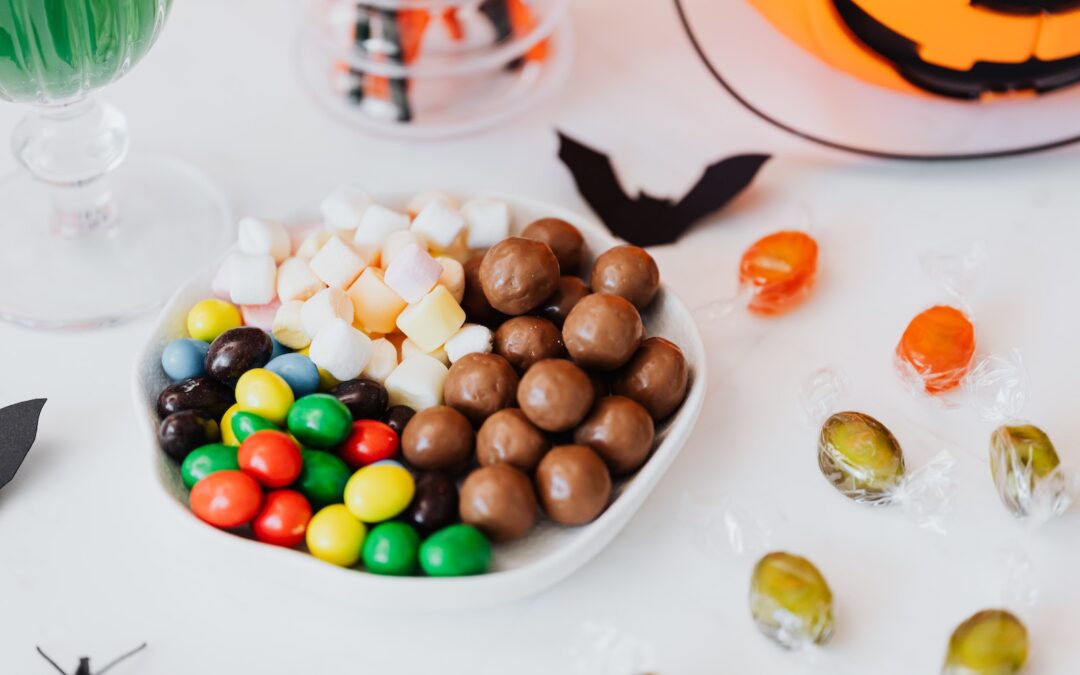Food, Glorious Food!
“Food, glorious food! Hot sausage and mustard!” Oliver Twist and the other boys in the Dickensian musical dream of it, salivating at the very thought. For many of us, food is a source of enjoyment and social connection as well as nourishment. Like us, our pets are motivated by food. Like Oliver Twist and his orphaned compatriots, our pets love all kinds of magical treats, sometimes even salivating over them.
Who Says It Isn’t Healthy?
Everyone who enjoys a snack or two sometimes throws caution to the wind and indulges in something unhealthy. While we know that a good choice of snack is fruit or a handful of nuts, occasionally we choose something sweet or a handful of potato chips. As long as we don’t do it all the time, it’s really not that big a deal.
For pets, though, even foods that seem innocuous can be harmful. Although we try our best not to give into their big, pleading puppy dog eyes, sometimes they win and we give them a taste of our people food. While not the healthiest thing, an occasional pretzel (just one) won’t hurt them. Other foods are dangerous in even small quantities.
Halloween Candy And Other Forbidden Food
Most of us know that chocolate is very toxic to dogs. In case you didn’t know – chocolate is toxic to dogs. The ASPCA Animal Poison Control Center lists chocolate as the fourth most commonly reported poison for pets. They receive approximately 76 calls per day about chocolate ingestion. Some important things to know about chocolate poisoning in pets are:
- Even a little bit can cause vomiting and diarrhea
- Ingestion of a large amount of chocolate can cause seizures or cardiac irregularities
- Dark chocolate is more dangerous than milk chocolate (although all chocolate is dangerous)
- The darker the chocolate, the riskier it is for pets
- Baking chocolate and cocoa are especially toxic to pets
Chocolate contains a chemical called theobromine that affects a pet’s respiratory, cardiovascular, and central nervous system. This sweet treat for us can cause very serious illness in our furry friends.
Xylitol is also poisonous to pets. It’s a sugar substitute commonly found in:
- Candy
- Mints
- Gum
- Sugar-free foods like pudding or yogurt
- Some brands of peanut butter
It can be present in personal care items like toothpaste and baby wipes, too.
Xylitol is very dangerous to dogs because their pancreas processes it like regular sugar and releases insulin to manage it in their bodies. In turn, the insulin removes sugar from your pet’s body, causing him or her to experience drastically low blood sugar. Xylitol can cause:
- Tremors
- Vomiting
- Diarrhea
- Seizures
- Even death
Homey Gnome Veterinary Clinic
Homey Gnome Veterinary Clinic provides care for pets in the Oakdale, MN area. We provide numerous health and wellness services to our patients, including treatment for food or other kinds of poisoning. If you think your pet has ingested something harmful, including chocolate, candy containing xylitol, or even candy wrappers, we can help diagnose and treat them. It’s imperative to treat them as soon after ingestion as possible, so we urge you to seek care quickly. We can be reached by telephone at 651-202-3388 to help.
Image credit: Pexels


